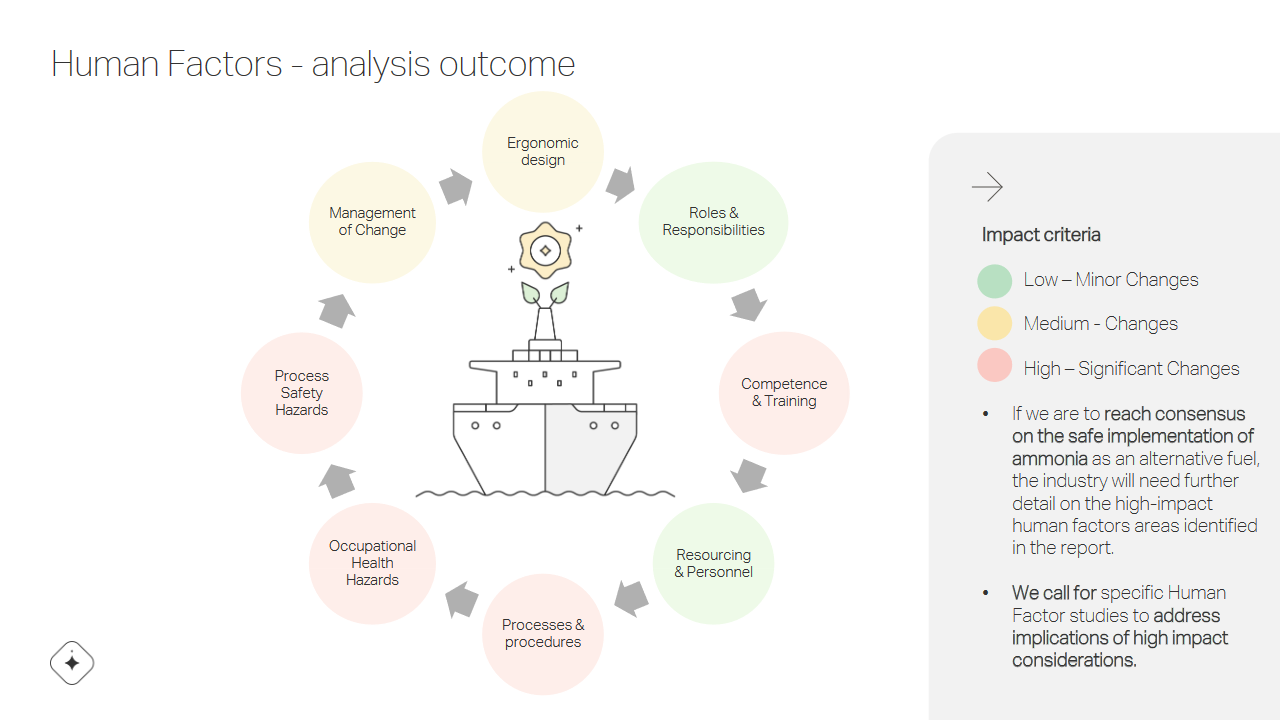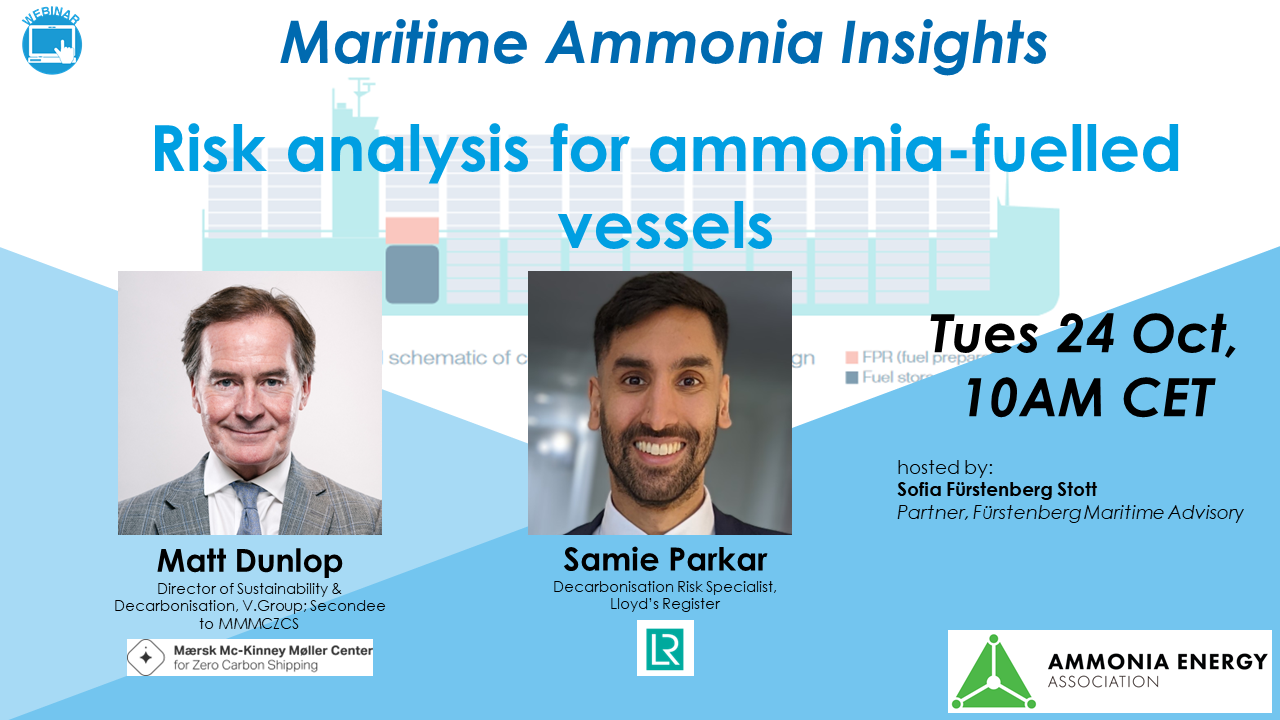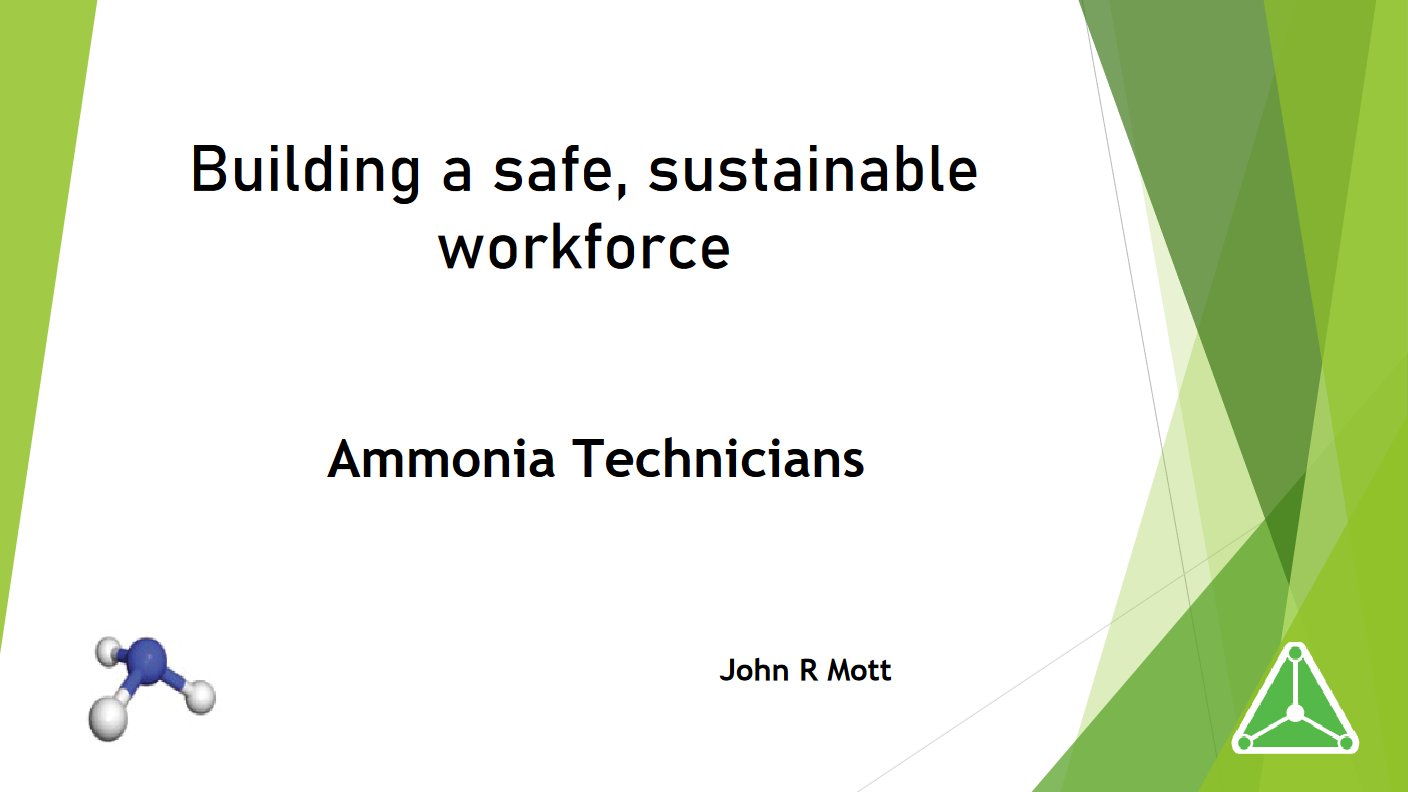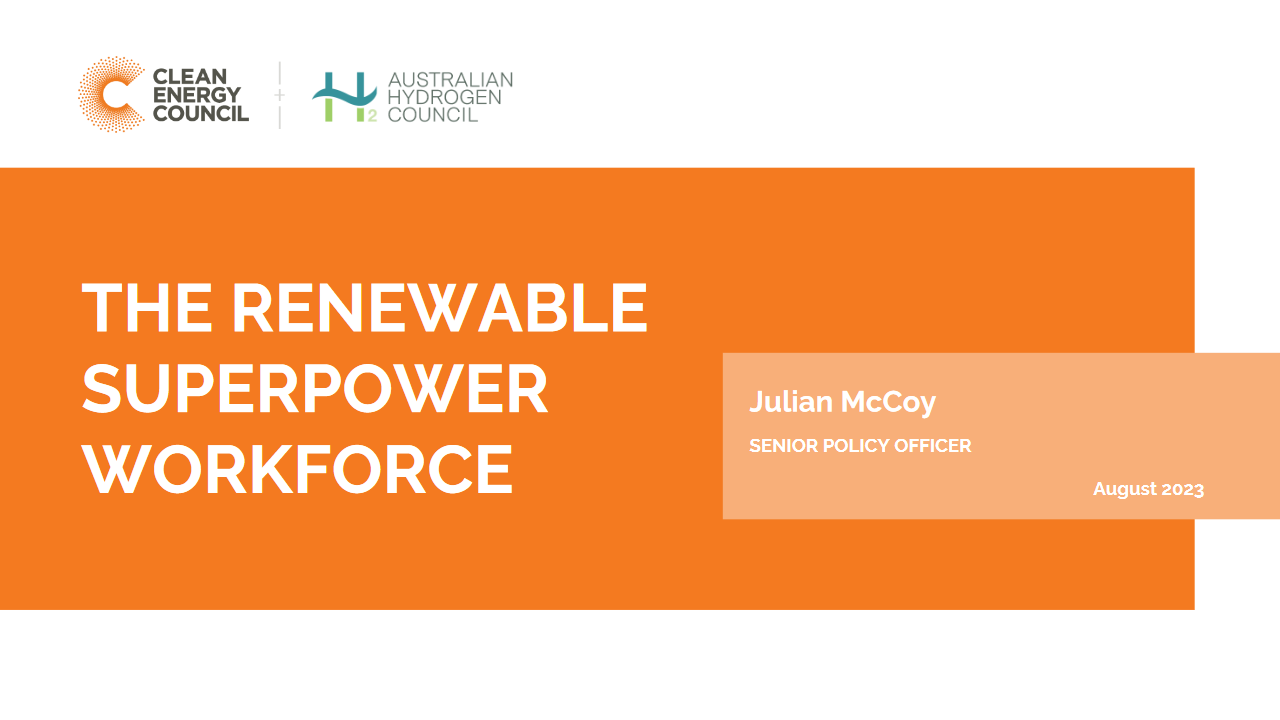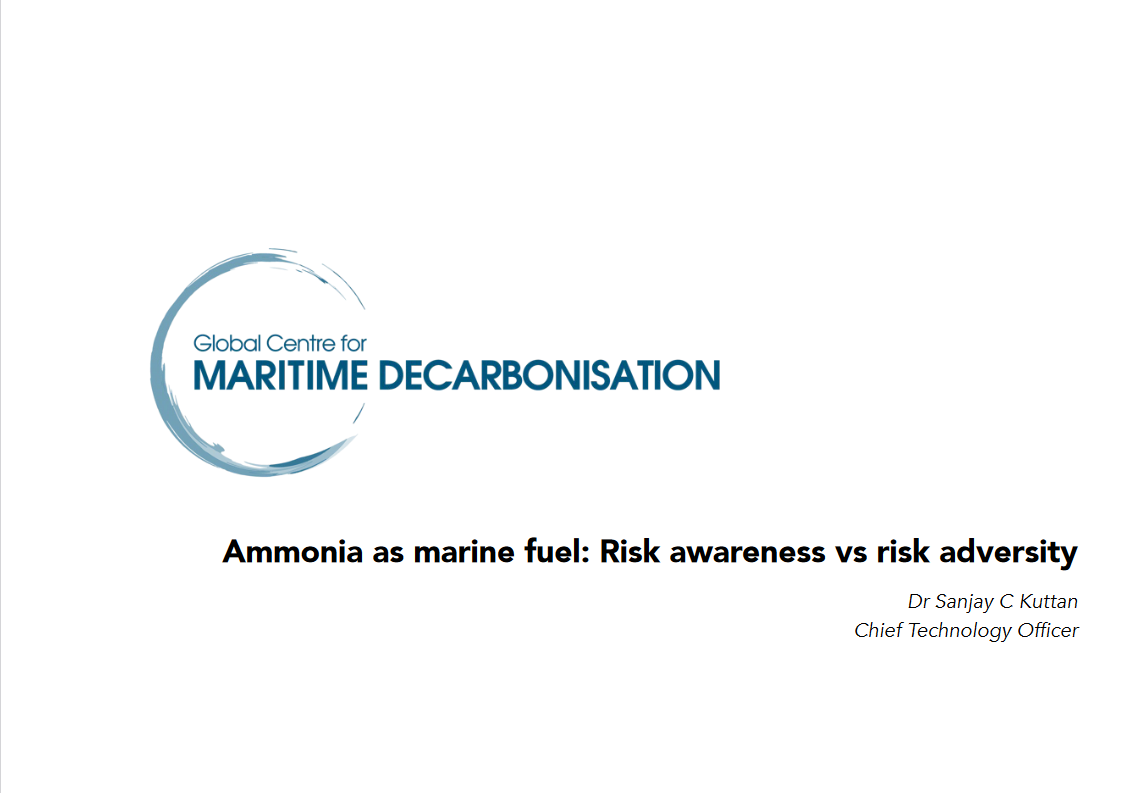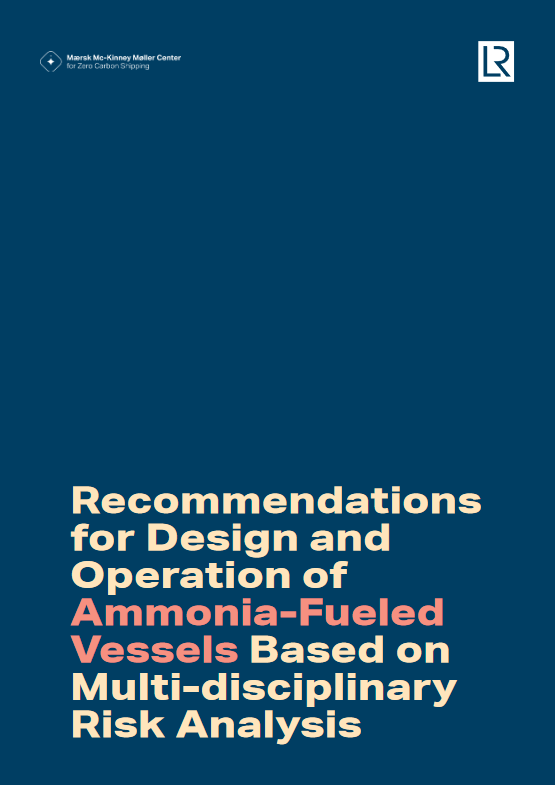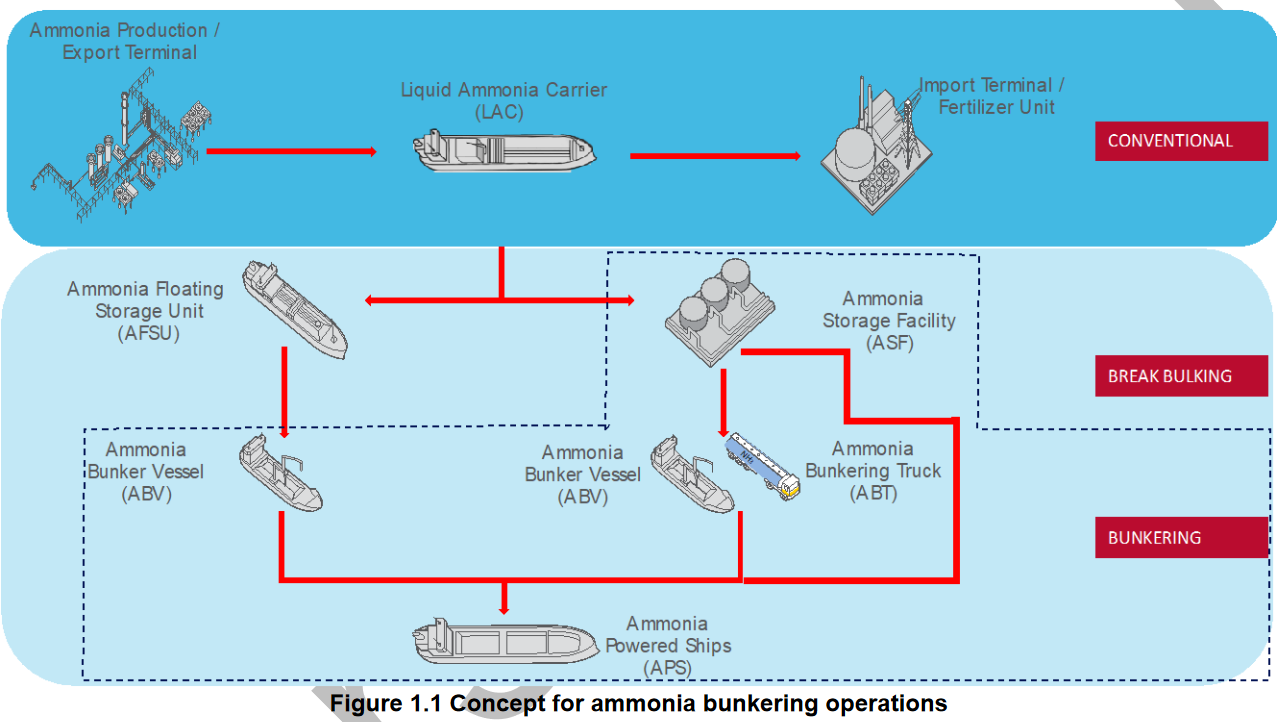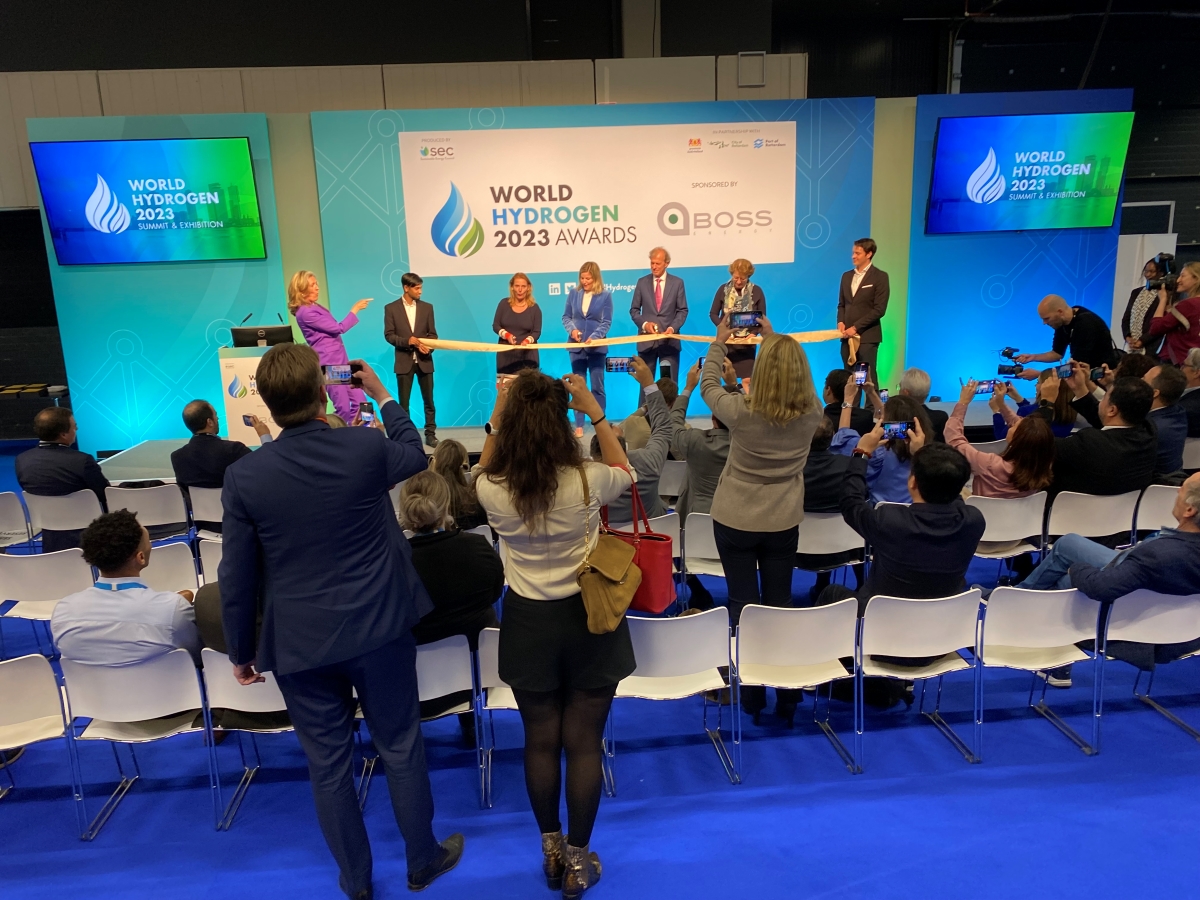In our latest episode of Maritime Ammonia Insights, Matt Dunlop (MMMZCS) and Samie Parkar (Lloyd’s Register’s) stepped us through key outcomes of a new, comprehensive safety study for ammonia-fuelled shipping. Combining Quantitative Risk Analysis with Human Factors analysis, a series of risk mitigation & worker training recommendations provides a path forward for the safe operations of ammonia-fuelled vessels.
Public Perception
Risk analysis for ammonia-fueled vessels
Hear from the authors of a new joint study into ammonia safety onboard ships. The study is the most comprehensive to-date on the effectiveness of risk mitigation measures applied to ammonia-fueled vessels, pairing Quantitative Risk Assessment with an analysis of human factors.
The Renewable Superpower Workforce
Ammonia as marine fuel: Risk awareness vs risk adversity
A human factors approach to safety on ammonia-fueled vessels
A joint study into ammonia safety onboard three different vessel types has found that safety risks of ammonia fuel can be mitigated, but only if technical safeguards are implemented and key “human factors” are addressed. The new report sets out a series of recommendations to ensure acceptable risk levels for crew on-board ammonia-fueled vessels.
Study paves the way towards ammonia bunkering pilots in Singapore
The Global Centre for Maritime Decarbonisation released the public findings from its Ammonia bunkering pilot safety study last month. Three potential pilot sites have been identified in Singapore, and a combined HAZID - QRA methodology has found that 400 operational and locational risks for ammonia bunkering were all classed as low or mitigable. Sign up for our upcoming Ammonia Energy APAC conference in August to learn more, when GCMD Chief Technical Officer Dr. Sanjay Kuttan will join us in-person to explore the report and answer your key questions.
Amogy and LSB Industries: developing a low-carbon supply chain for marine transport in the USA
The pair will join forces to promote the adoption of low-carbon ammonia fuel in the maritime sector, with an initial focus on US inland waterways transportation. Amogy has also signed a new agreement to explore the potential retrofit of vessels in Skansi’s offshore service supply fleet with its ammonia-to-power technology system.
International momentum on display in the Netherlands
This May, AEA Executive Vice-President Hans Vrijenhoef presented at two events in the Netherlands: the World Hydrogen Summit & the TXF Global Commodity Finance & Sustainable Natural Resources conference. Momentum was clearly on display, with Rotterdam & Africa in the spotlight.

